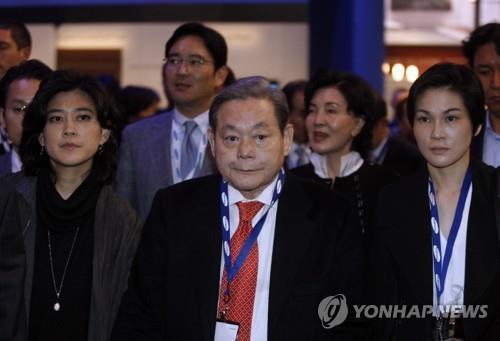EU Commission Vice Valdis Dombrovskis had proposed that Commission President Ursula von der Leyen approve the result on the basis of these discussions, it was said on Tuesday in Brussels. Then the EU Council President and the current German EU Council Presidency would be informed. “The result of the negotiations is the most far-reaching agreement that China has ever accepted with a third country,” said the commission. There are successes in all three key areas: market access, equal conditions for companies in both markets (level playing field) and sustainable development.
The EU and China have been negotiating an investment protection agreement for seven years, which is supposed to bring more legal certainty for European companies in China. Chancellor Angela Merkel and the current EU Council Presidency wanted to achieve success in the presidency that ran until the end of the year. Initially, however, the negotiations stalled, also because the corona pandemic made an EU-China summit in Leipzig impossible. According to Reuters information, there had already been new hope in government and commission circles in Berlin and Brussels in mid-December that a deal could still be reached in 2020. The Chinese side had also emphasized this possibility in the past few days. However, an investment protection agreement still has to be ratified in the European Parliament. There is considerable resistance there, particularly with reference to Chinese human rights violations.
Commission circles pointed out that European companies would have easier access to the Chinese market with 1.4 billion people. This applies, for example, to the energy, health and financial markets. China pledges that there should no longer be any forced technology transfers from European companies. In addition, the transparency for joint ventures would be increased and rules would be drawn up for state-owned companies. Here the EU criticizes, for example, excessive subsidization and unfair advantages in public tenders. China also promises to pursue sustainable goals in climate policy. Beijing also promised to make “sustained efforts” to ratify the International Labor Organization (ILO) Convention against Forced Labor. The EU sees this as important because of the controversial approach to the Uighur minority. The EU will also fight against forced labor with other instruments.
The USA, on the other hand, tightened the restrictions on trade relations with China. The Treasury Department issued regulations prohibiting investors from buying securities from companies believed to be under the control of the Chinese military. The designated US President Joe Biden has already made it clear that he wants to stick to the tightened course towards China by his predecessor Donald Trump. Biden, who is scheduled to take office on January 20, proposed a more closely coordinated US and EU policy on China.
(Reuters)
–


